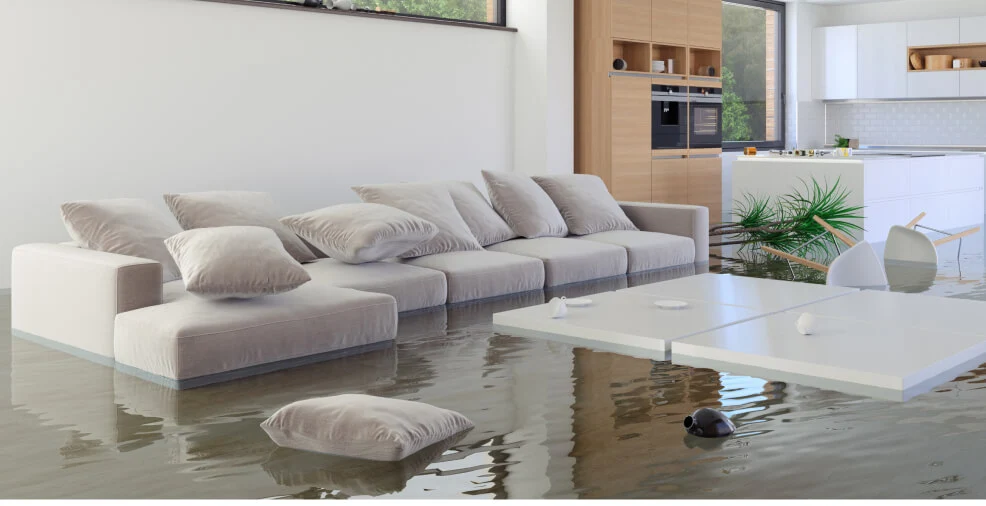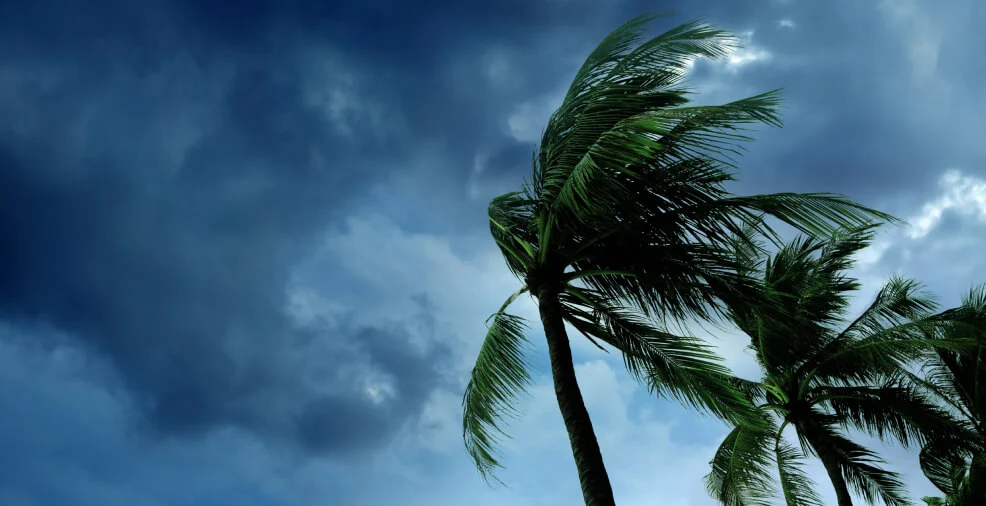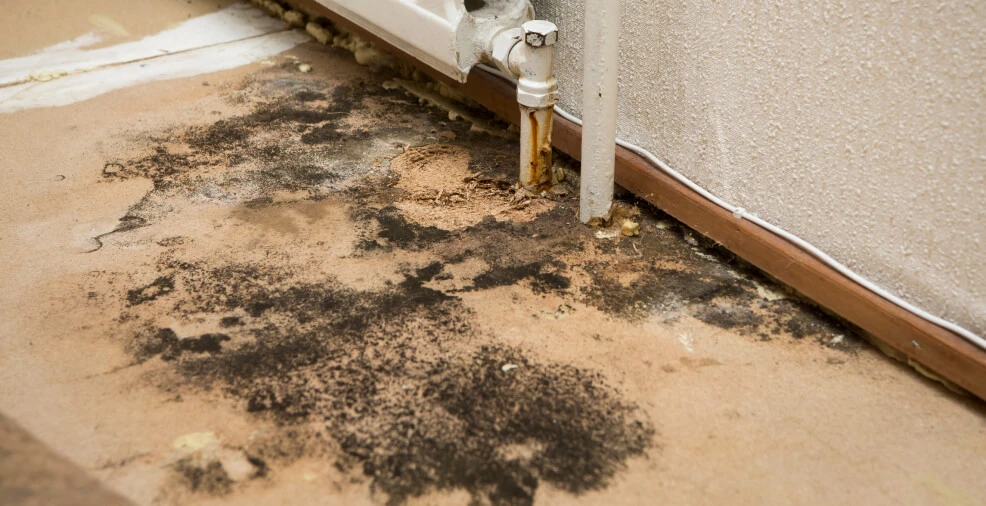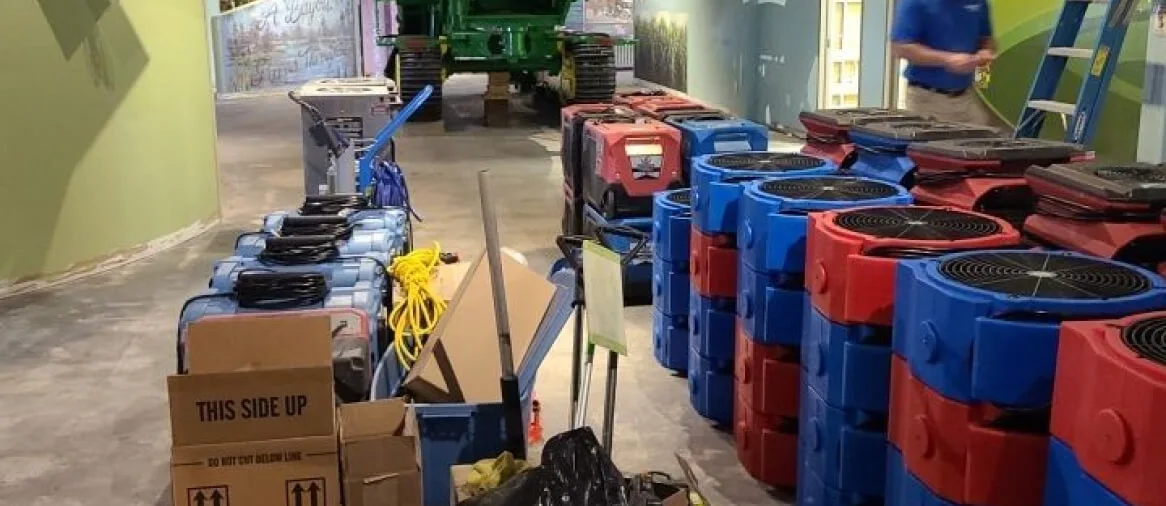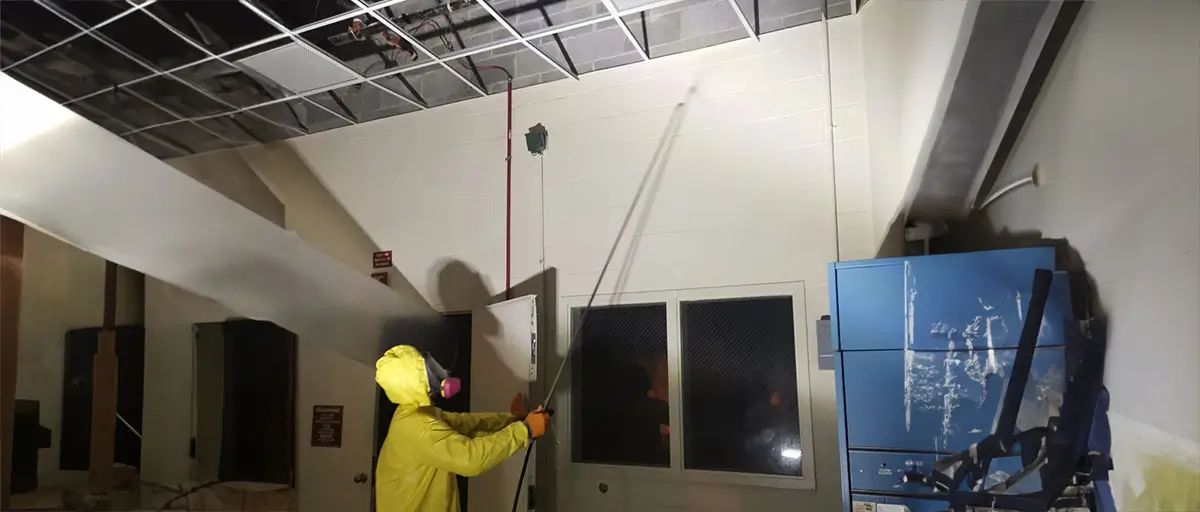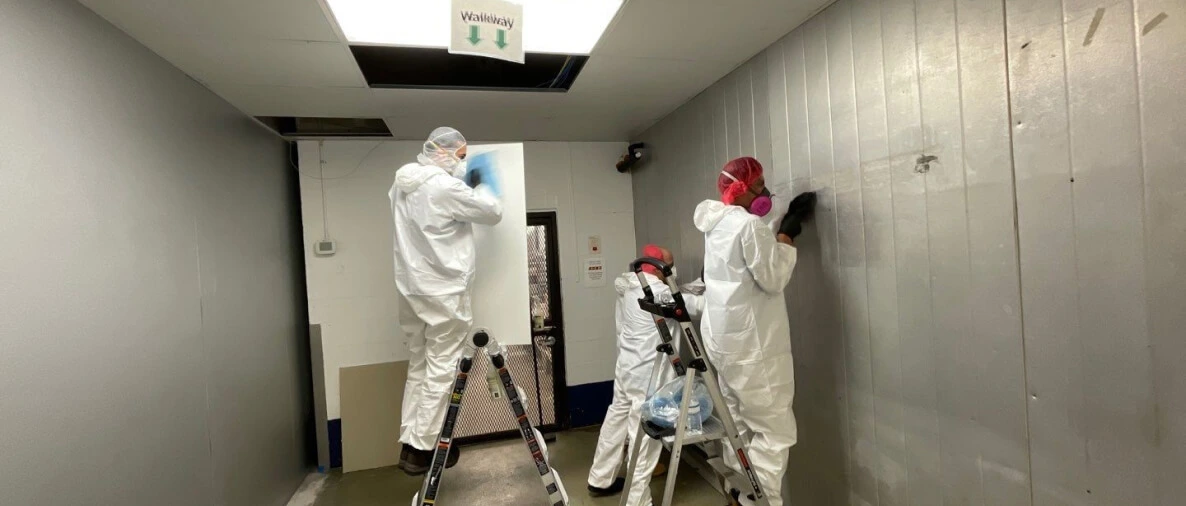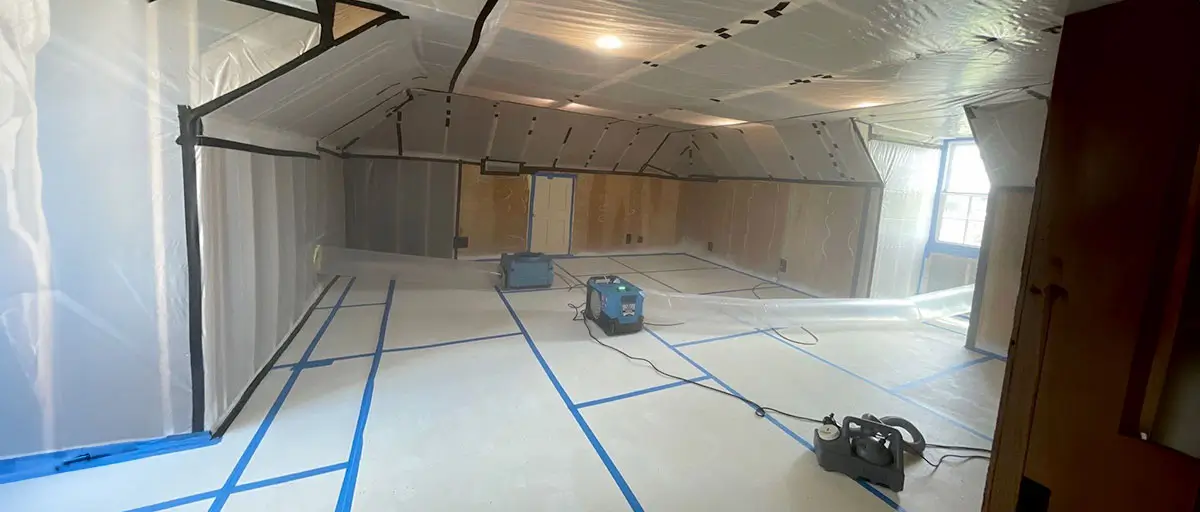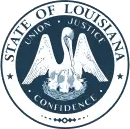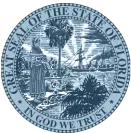From Home Remediation to Financial Restitution
Storm Damage Experts You Can Trust
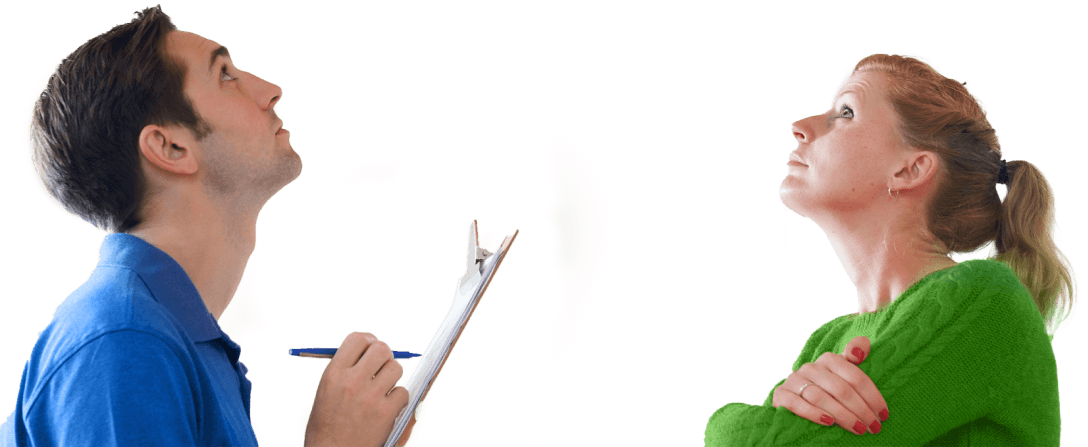
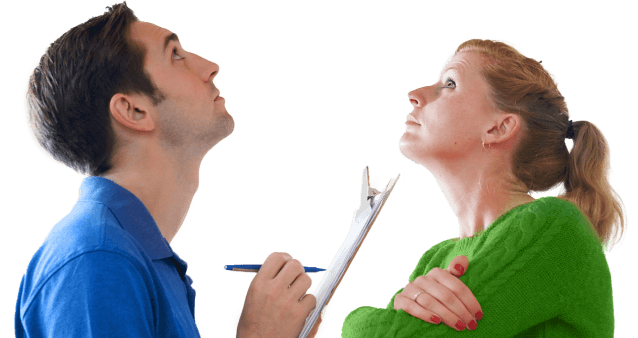
After a Storm, Santi Clean Is Here For You
Our Remediation Services
Why Choose Santi clean?
We Will Exceed Your Expectations
We Respect Your Home & Time
Trust certified, experienced professionals to protect and preserve your spaceTop Recommended by Attorneys & Public Adjusters
Chosen because we consistently do the best quality work and documentationNavigate Insurance with Ease and Confidence
We handle the documentation and help you navigate the insurance processComprehensive Training & Certifications
We are committed to quality service and to use safe, risk-free organic productsDon’t Just Take Our Word for It
Move Past the Storm with Confidence
Transformation Stories
Based in Florida, but find us wherever people are in need.
We travel throughout the country when disasters strike, helping residential and commercial customers overcome the most dire situations and get back to normal as quickly as possible, with the lowest cost and highest insurance payouts.
Four Steps to Reclaim Your Home
1 Inspection
We start with an inspection to assess the damage and state the scope of work
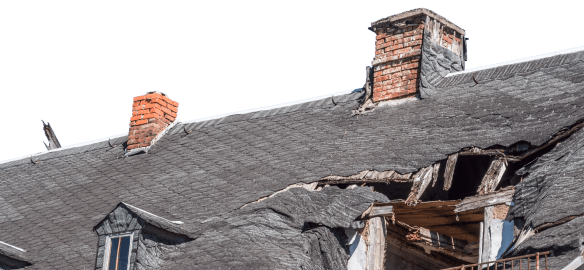
2 Mitigation
We move quickly to stop any further damage from affecting your property.
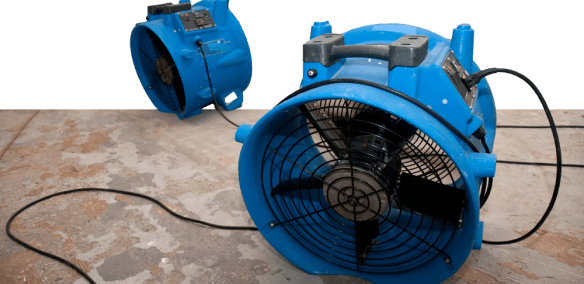
3 Remediation
We help you recover from damage and help get you to a place where you can begin to restore your property to a livable condition.
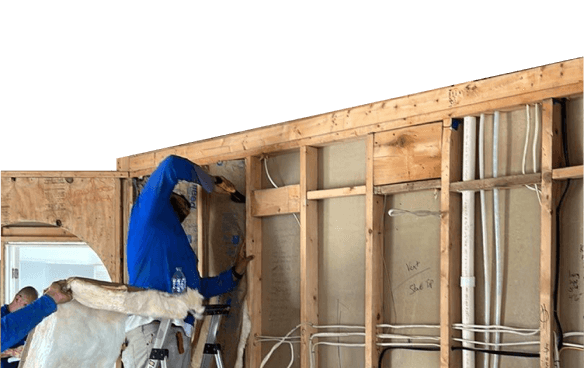
4 Insurance
We file extensive documentation and assist in filing to get you the max payout, fast.

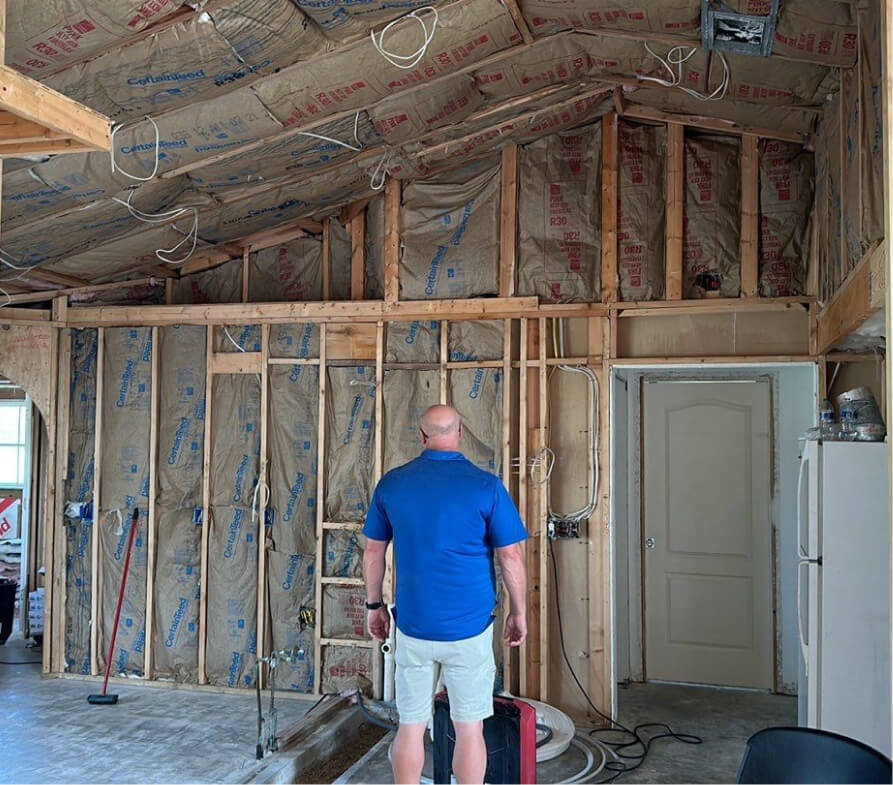
Professional, Trustworthy
Why Attorneys & Public Adjusters Recommend
When clients ask for guidance on a dependable disaster remediation company, time and time again we are who they recommend, because attorneys and public adjusters know we have a reputation for high-quality work and detailed documentation that gets customers a high insurance payout, quickly.
Frequently Asked Questions
When water intrudes into a home or business, water damage remediation may be required. Water damage remediation is the professional process of removing unwanted water, drying and cleaning the structure and/or contents, and returning the property to its pre-loss condition. This is completed by professional technicians who are certified to follow industry standards using the proper methods and tools.
When a water loss occurs the water is designated to 1 of 3 categories defined below by the IICRC
Category 1. "Clean Water" is from a source that poses no substantial harm to people. Water that overflowed while running your bath water, leaking from a supply line for an ice maker, dishwasher or clothes washer are good examples. This assumes that the surfaces being flooded are reasonably clean. Flooding from clean water is usually treated by extracting standing water. Air movers are set up to create evaporation and dehumidifier's to remove the moisture from the air. After 48 hours, a Category 1 can become a Category 2.
Category 2. "Grey Water" poses health risks due to significant levels of contamination of bacteria, mold and/or chemicals. This includes dirty water from washing machines, dishwashers, as well as leaks from water beds, broken aquariums and urine. The water restoration technician should wear some personal protection equipment (PPE). The carpet padding is usually removed and replaced because its sponge-like structure offers the perfect environment for bacterial and mold growth. Due to rampant bacterial breeding and mold growth, Category 2 becomes a Category 3 situation if left untreated for 2 days or more.
Category 3. "Black Water" contains disease-causing organisms, toxins, and is grossly unsanitary. Typical black water conditions occur from a sewer back flow, a broken toilet bowl containing feces, and rising flood waters. (Wind driven rain from Hurricanes and Rising flood water is considered Category three because of the possibility of chemicals and organisms found in lawn chemicals, fertilizers, animal feces, decaying ground debris, and over filled sewer and septic systems.)
Tetanus and other serious diseases are likely to be present during catastrophic losses. Special care must be taken when dealing with Category 3 water and personal protection equipment must be used. Affected objects such as carpet, padding, and Sheetrock must be removed and disposed. Antimicrobials along with industry specific protocols must be used and followed prior to reentry into the structure to avoid serious health risks.
Water damage can be a serious situation. Water flowing through your home or business can carry with it any contaminants that it has come into contact with. Electrical hazards are common when water damage has occurred, so do not enter the area until it’s deemed safe.
Flood waters or contaminated water can also be a danger to anyone who comes into contact with it. It can be difficult to pinpoint what the water contains, and could have chemicals, dirt or bacteria within it. Additionally, depending on the severity of the water event, structural damage to the property could occur. Water damage may also make the area ripe for mold and mildew, which presents a danger to any occupants, as well.
